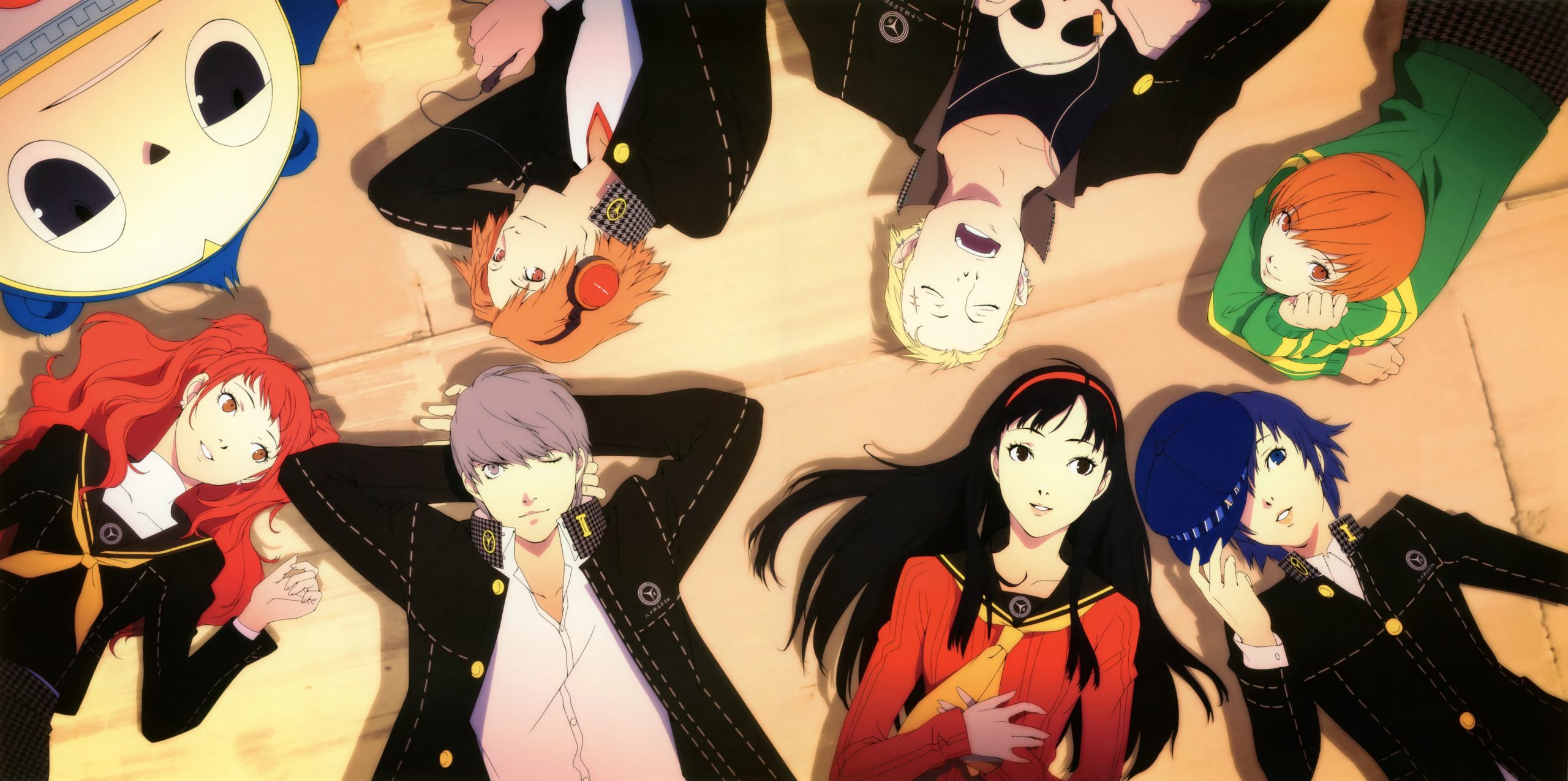Opinion: The Meaningful Impact of 'Persona 4'

Reed Pake ’19 / Emertainment Monthly Staff Writer

Persona 4’s biggest strength is its originality and its ability to overcome typical anime tropes in unpredictable ways. The game is truly unlike all of the other JRPGs currently on the market. The protagonists aren’t warriors, ninjas, or mages but are ordinary, angsty, and insecure high school students thrown into an extraordinary circumstance. The game follows a group of friends who discover a world inside TV after strange murders start cropping up in their small rural town. Although the plot may seem convoluted and ridiculous at first glance, the story is handled with such honesty and heart that it ends up being a compelling metaphor for the struggles of finding one’s self.
The following section contains SPOILERS for Persona 4.
Inspired by Jungian psychology, the protagonists are forced to confront “shadow” versions of themselves in the TV world. These doppelgängers are personified versions of the heroes’ repressed insecurities, flaws, unexpressed inner-conflicts/frustrations or unsavory personality traits they refuse to accept.

Another character, Yukiko Amigi, is frustrated that she is trapped in her small town as she is destined to inherit her family’s inn. Her desires to be free to live her life as she pleases is represented by her “shadow” which is a caged bird yearning to be freed. When she accepts that she harbors this repressed frustration, Yukiko realizes that she does have control over her life and feels more confident to take her own path.
END SPOILERS.
This game’s message of being true to yourself and accepting others for who they are made a dramatic impact on me when I initially played this game as an insecure high school student. I was moved when I watched the main characters evolve as humans and strengthen their friendship as everyone became more comfortable in the skin that they were in. I remember feeling melancholy when I finished the game and was forced to say my goodbyes to all of the characters I grew with during the progression of the story. However, I was able to take what I learned from the main cast and incorporate it into my own life. As cliche as it may sound, we all have insecurities stemming from our differences or based upon our perceived flaws but that’s what makes us human and that is beautiful.
If you have never played this game, I highly recommend it.

The next installment of the series, Persona 5, releases on February 14th, 2017 for PS3 and PS4.